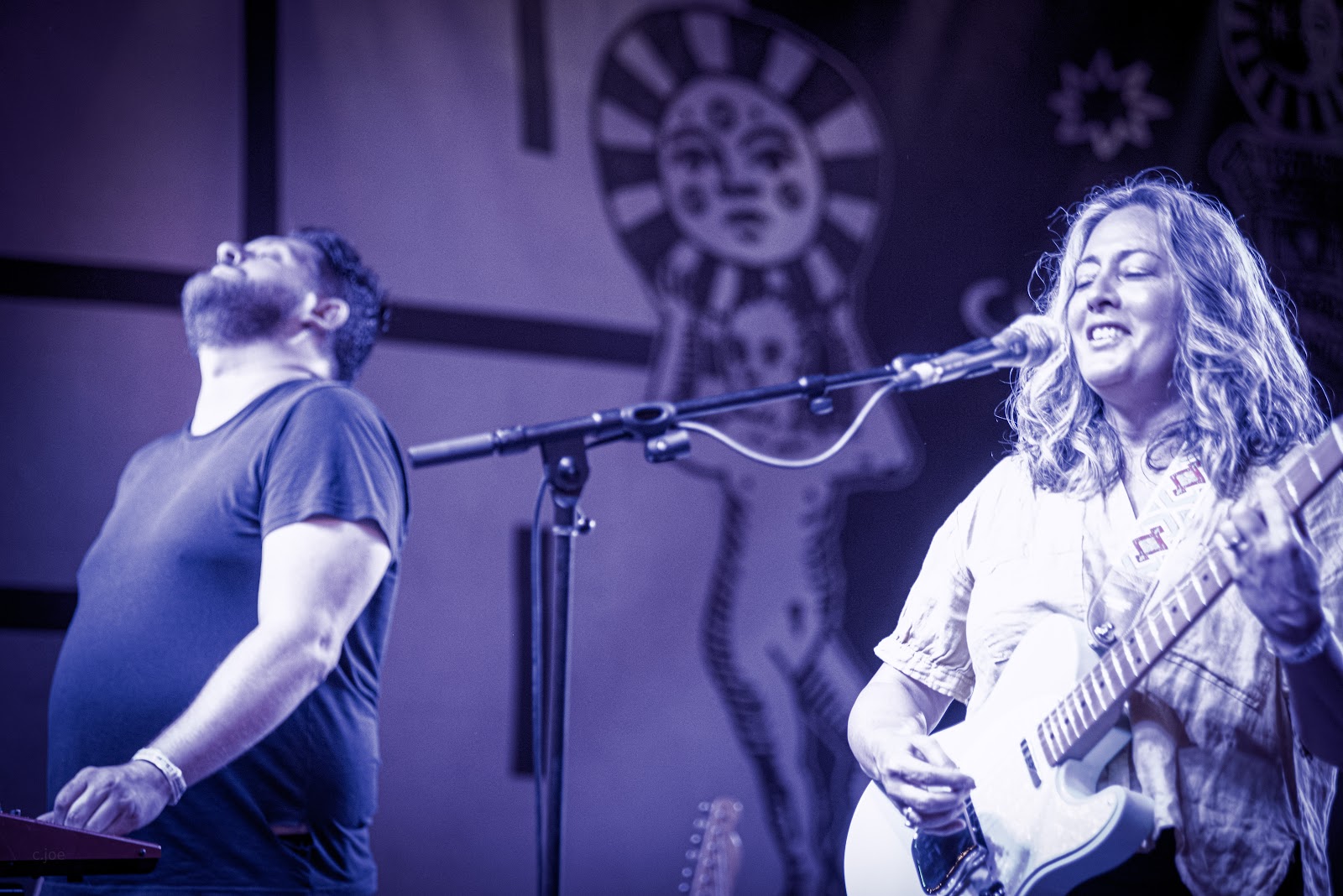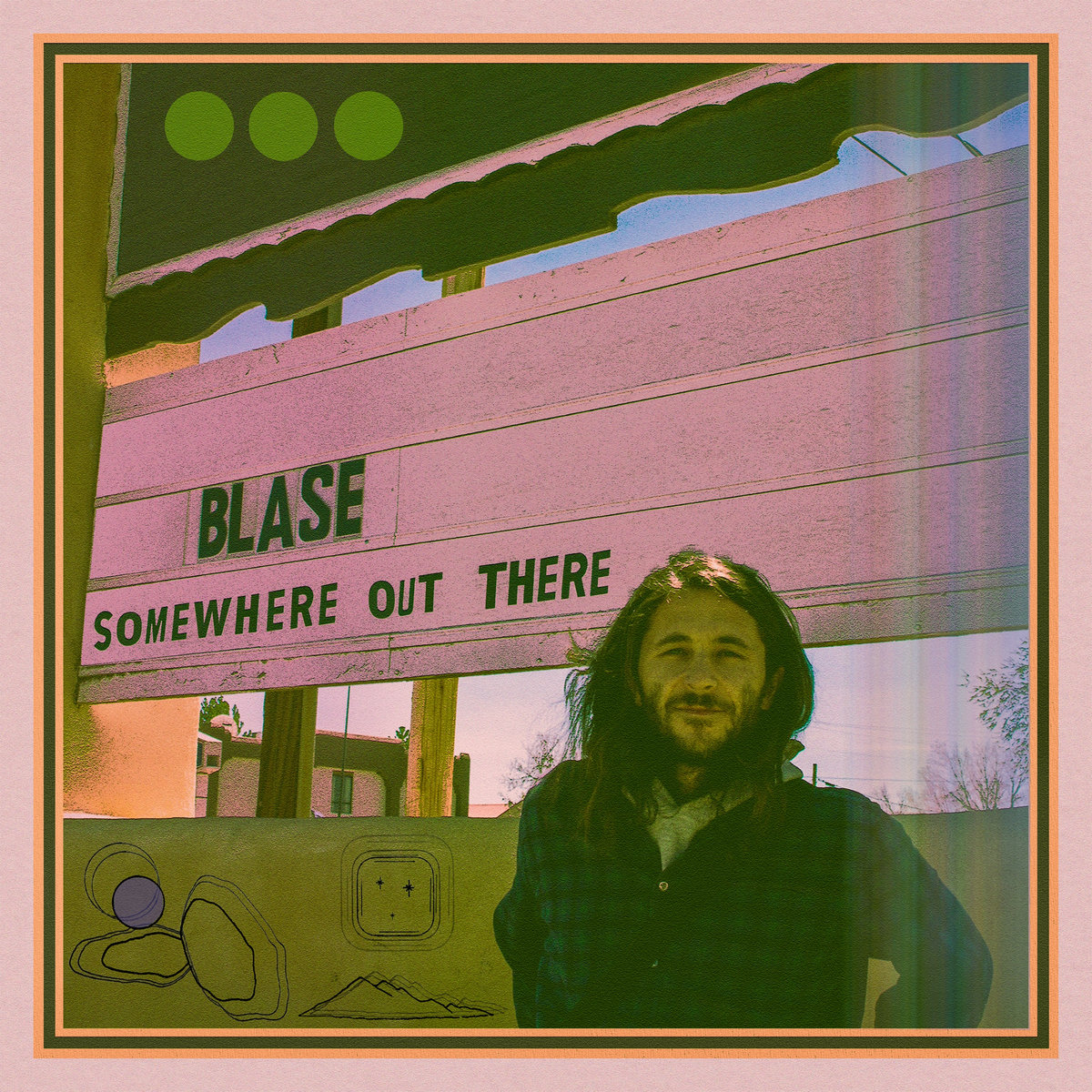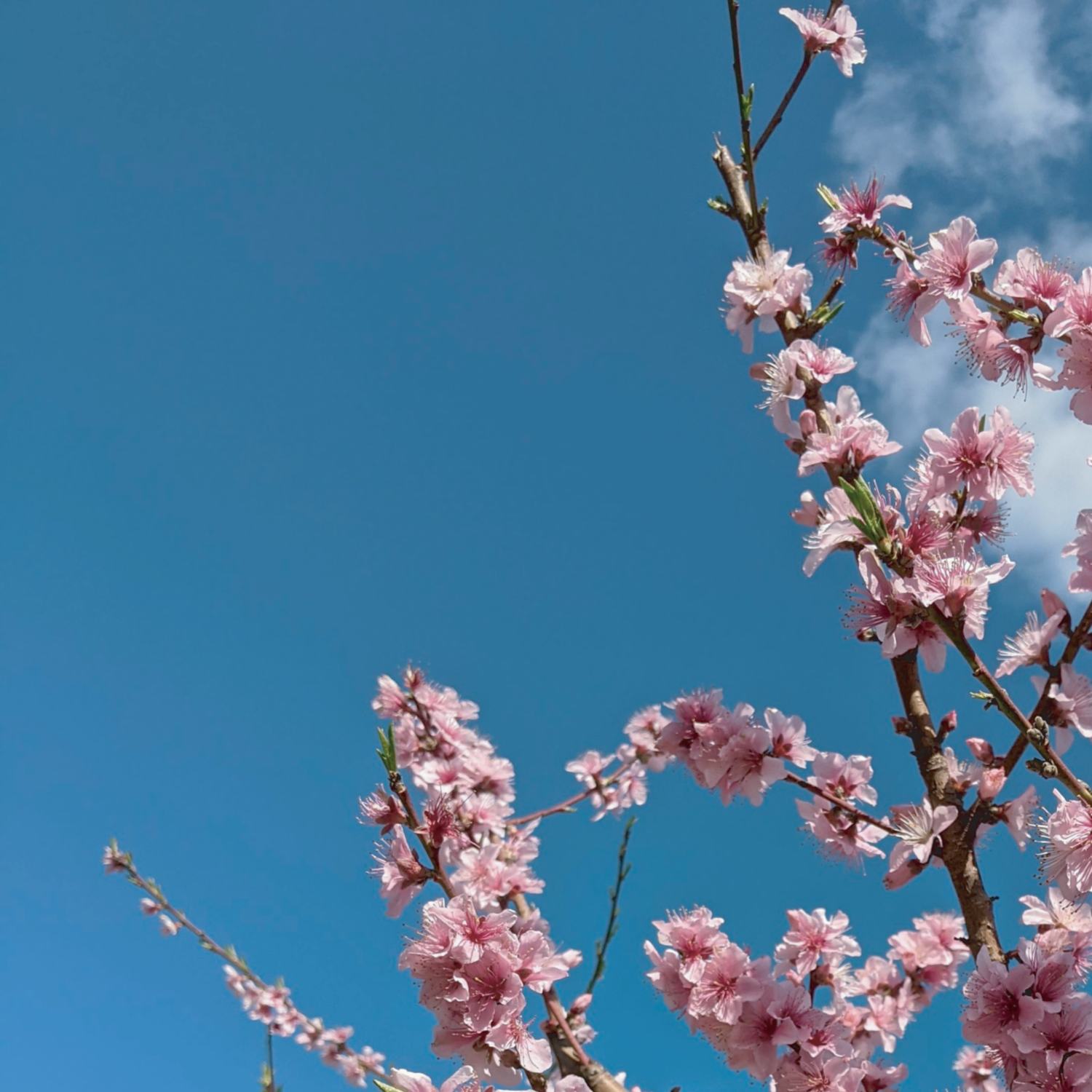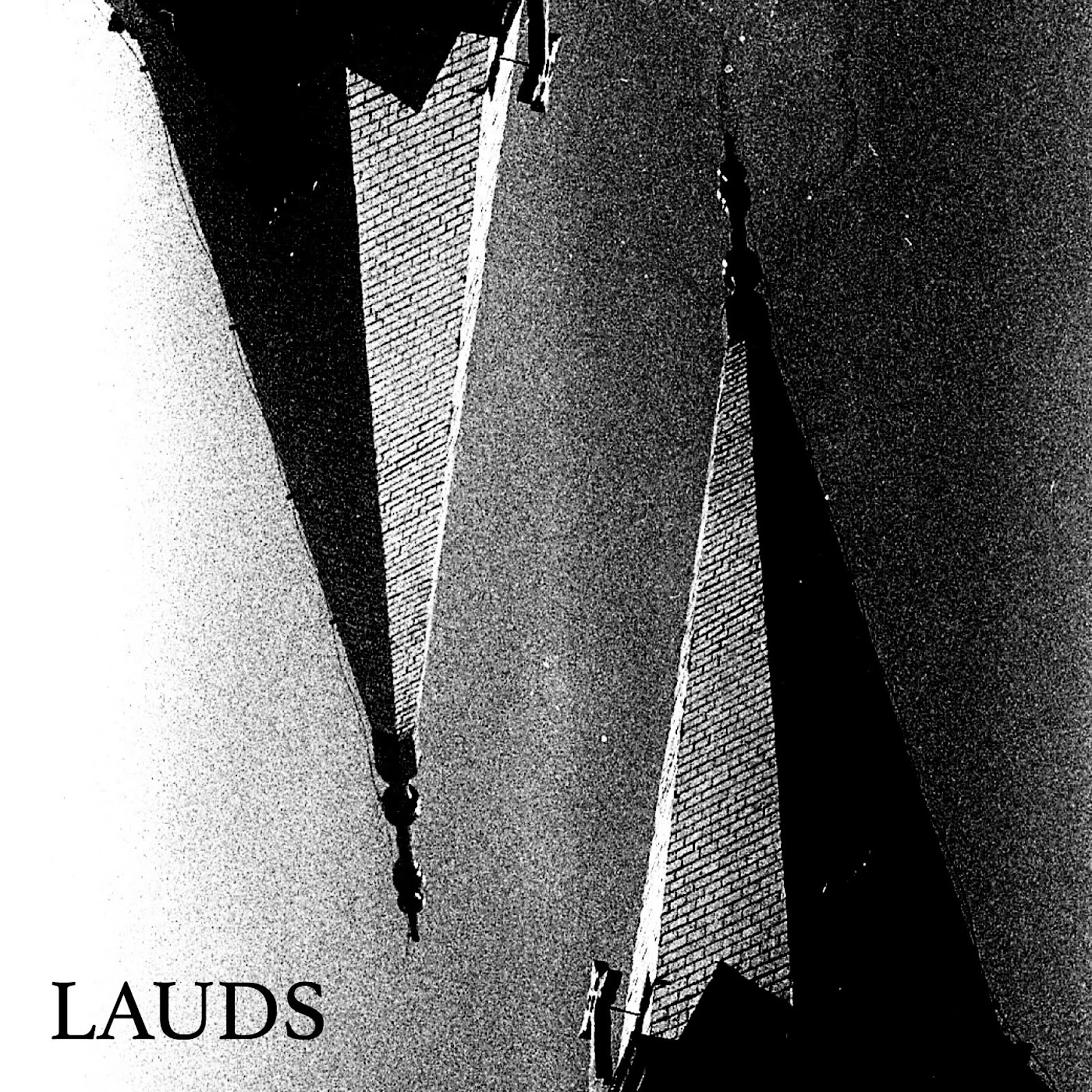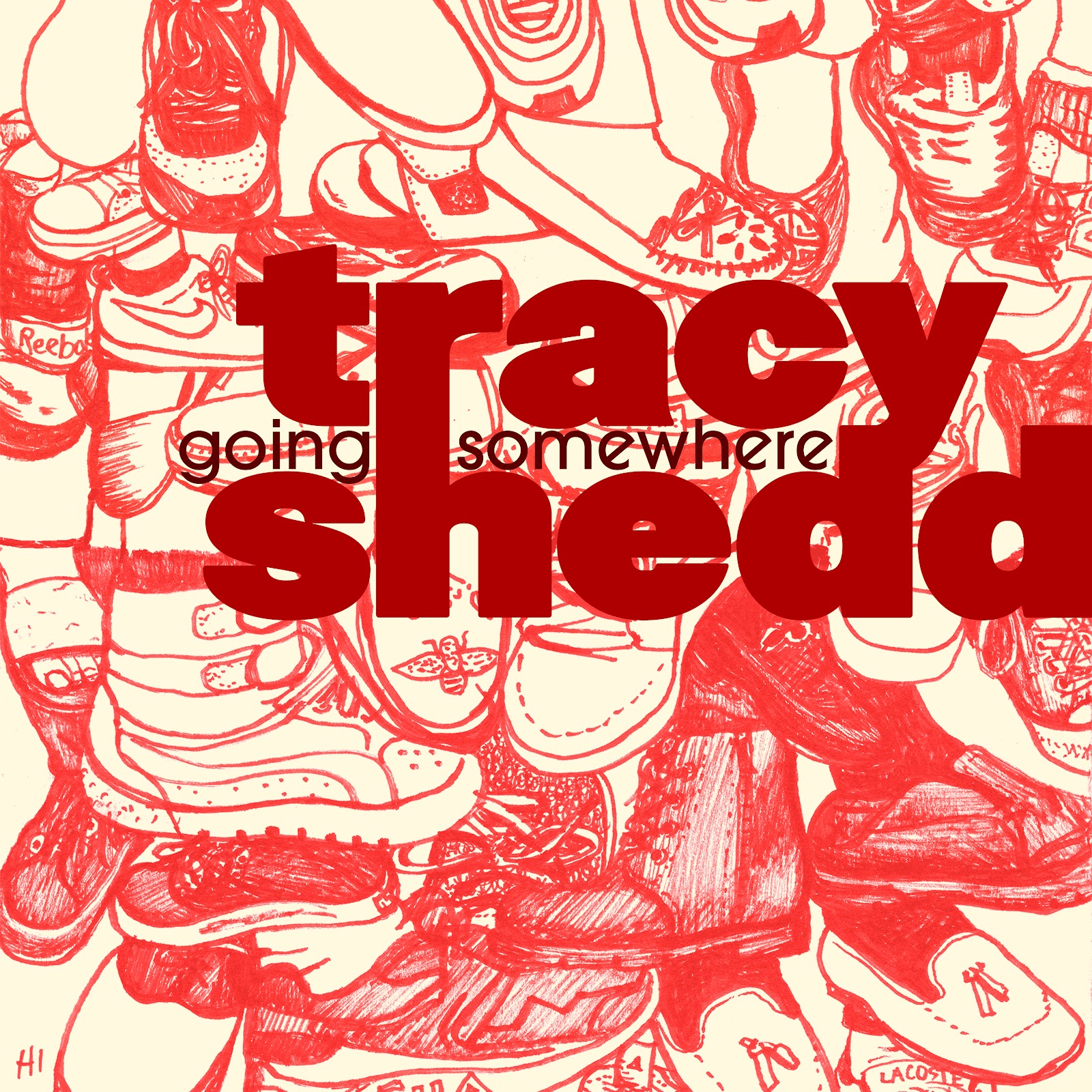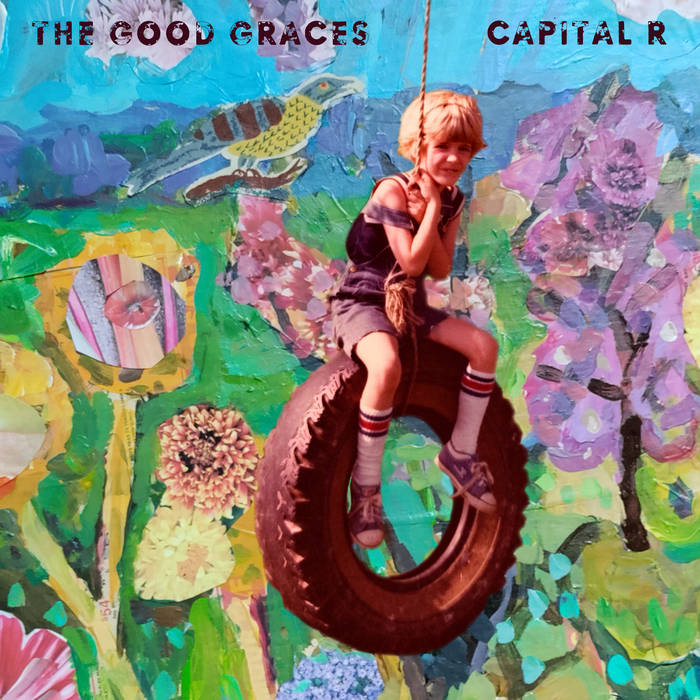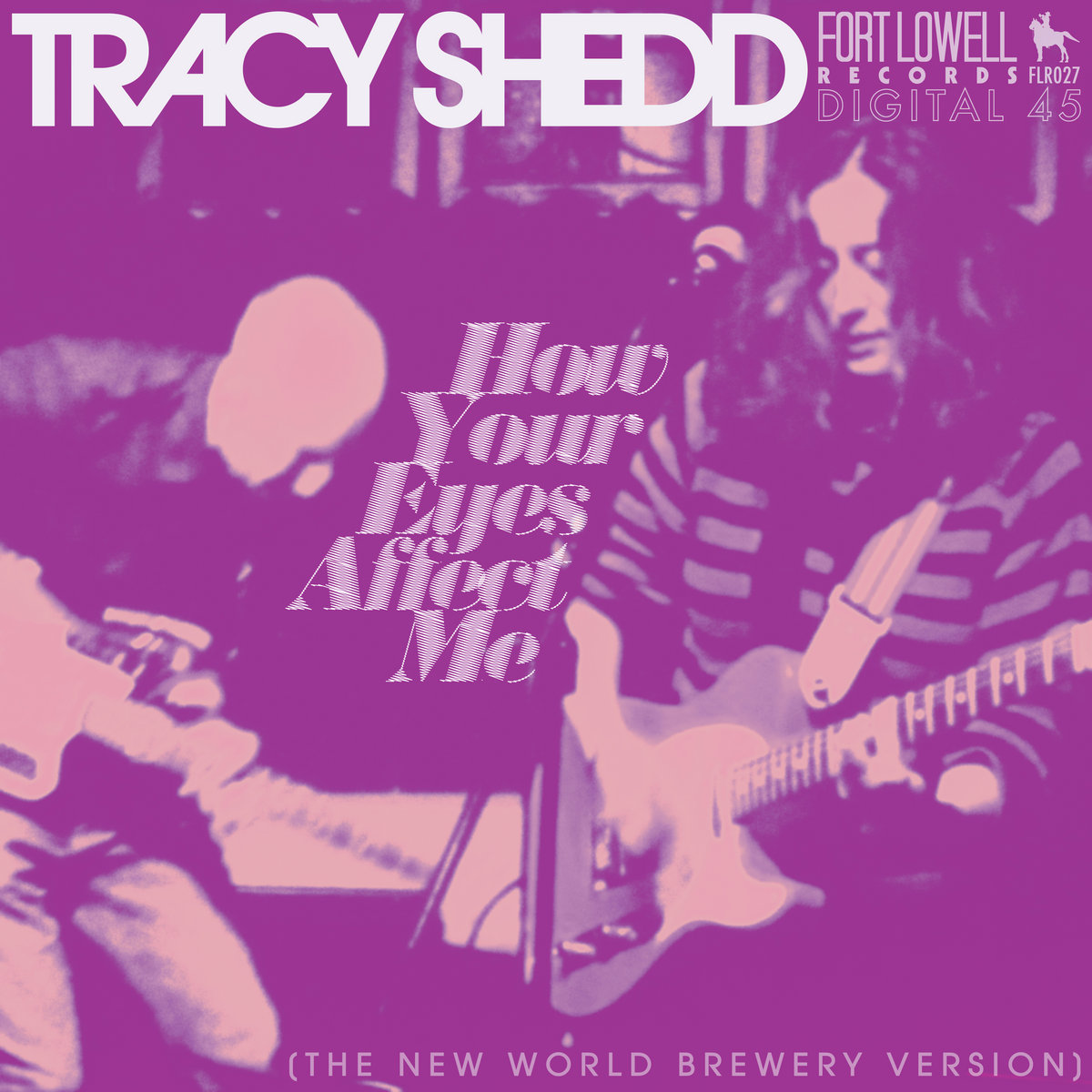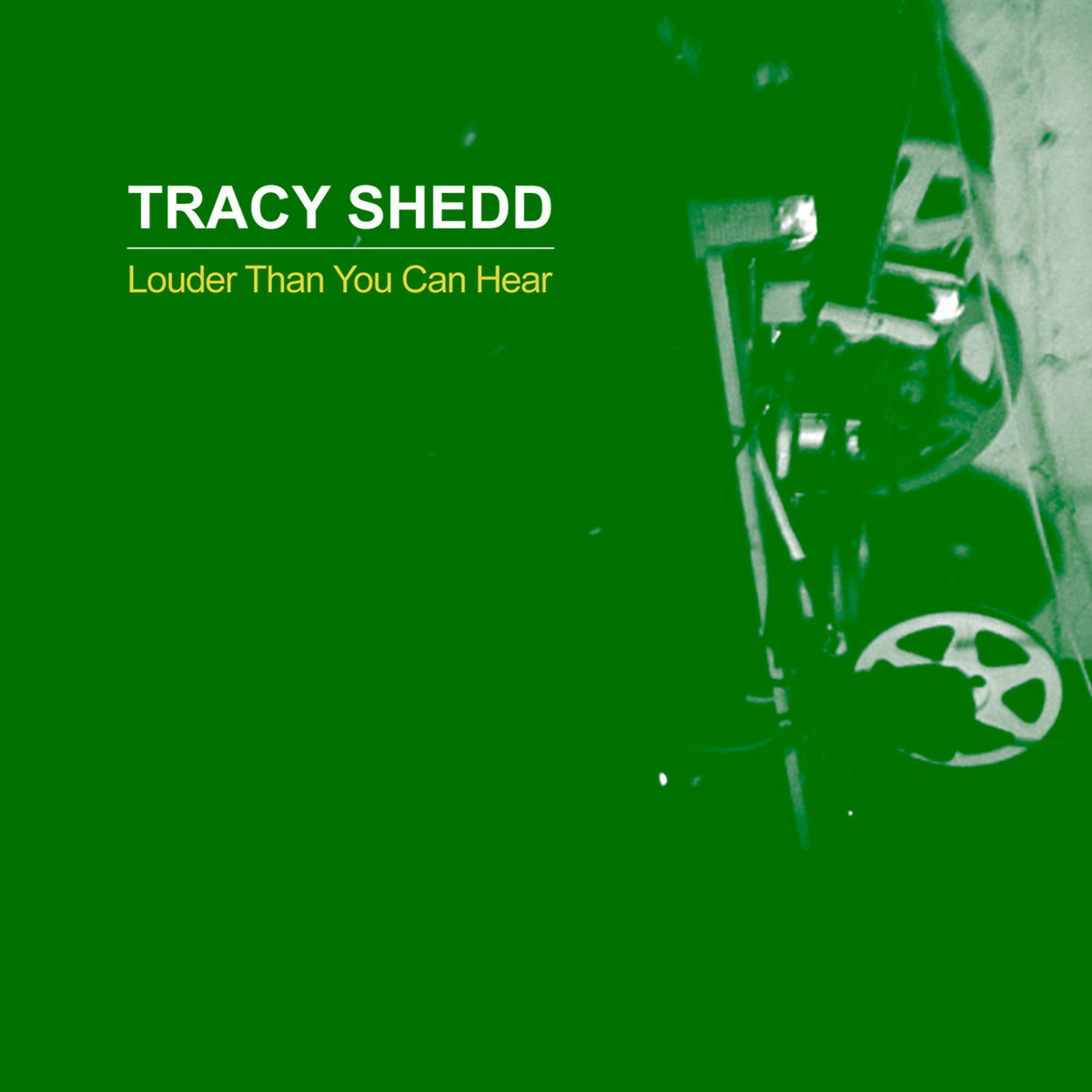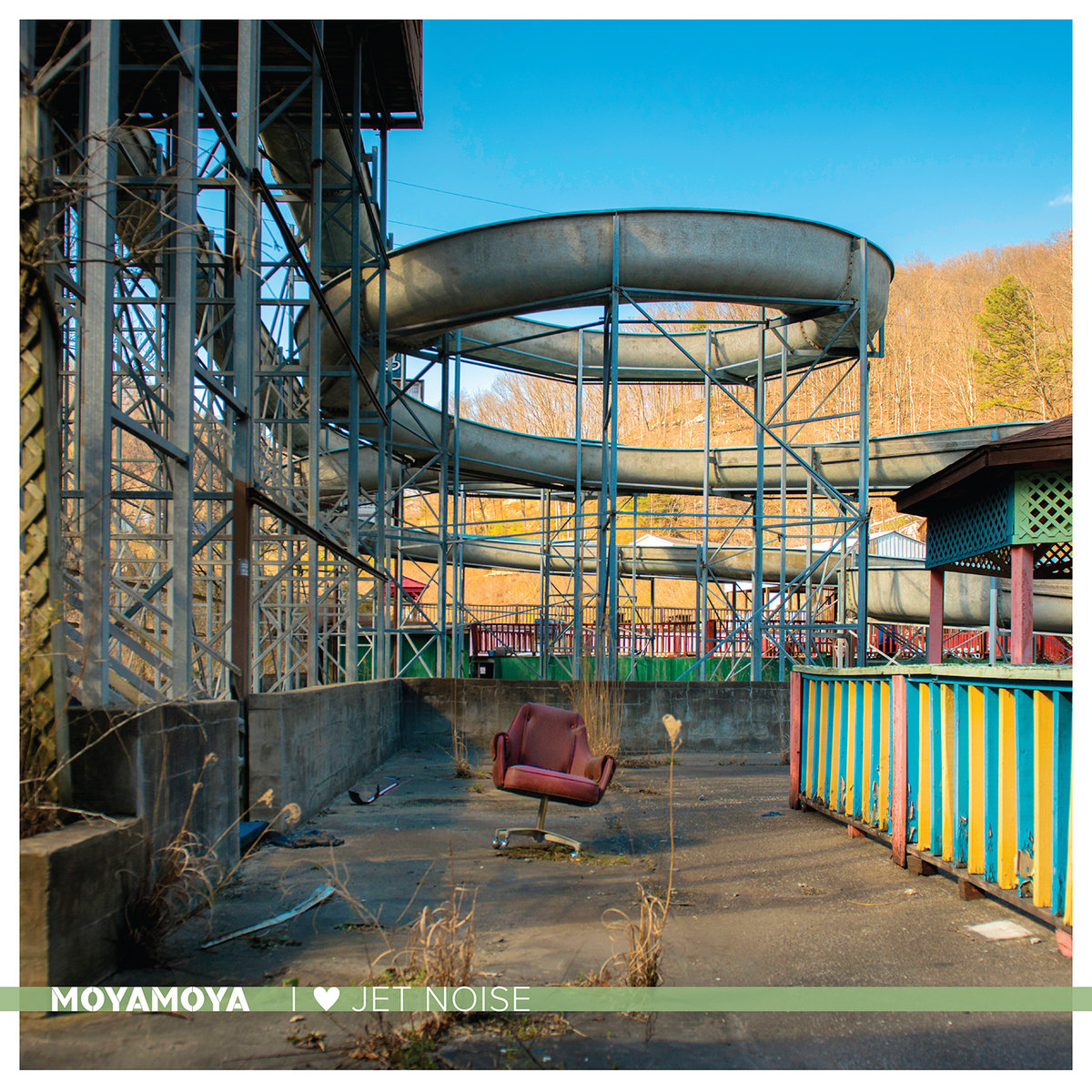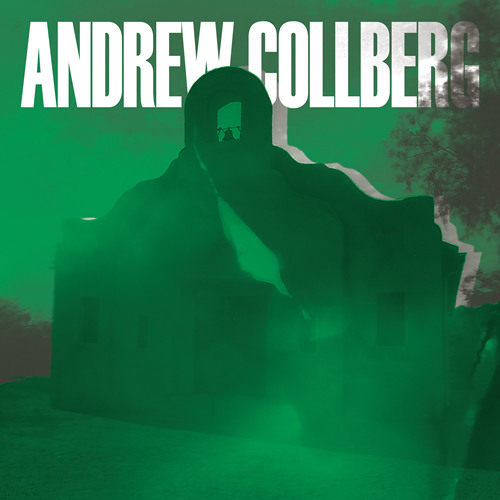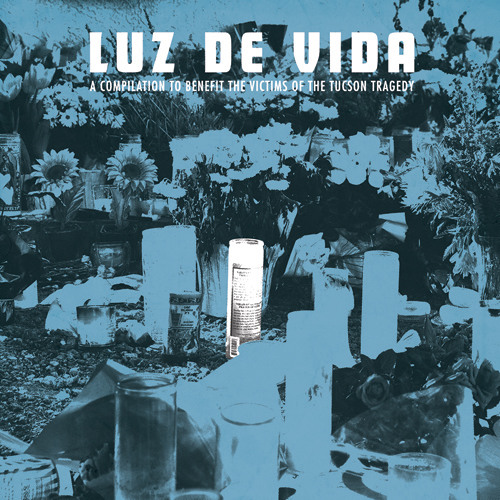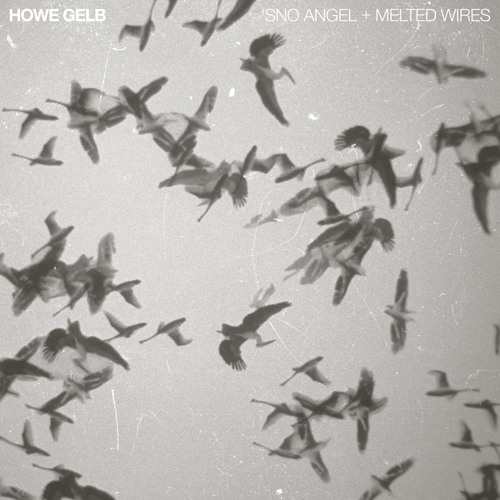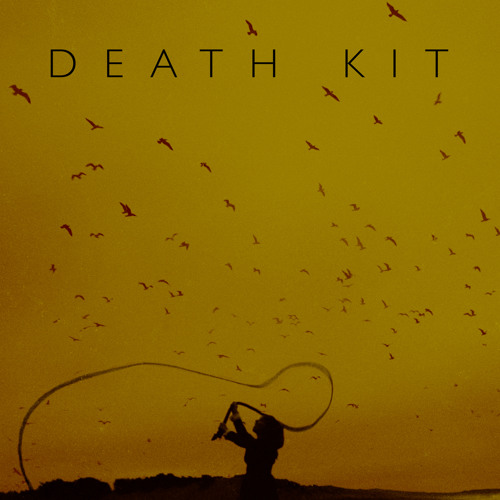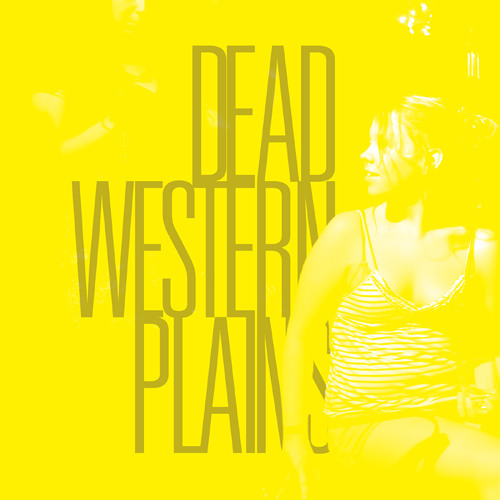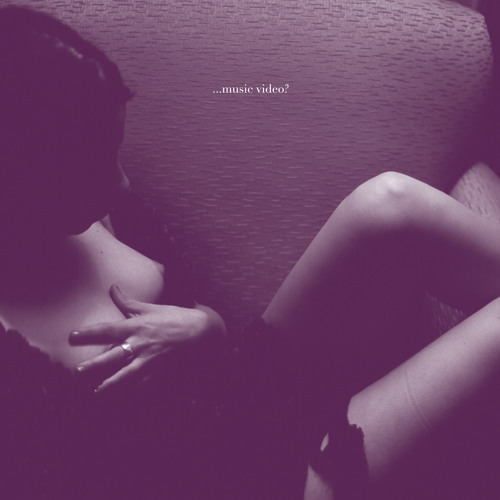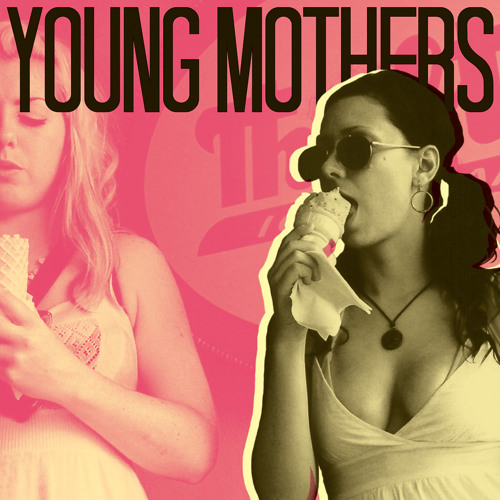We are pleased to premiere Hannah Yeun’s single “All That Matters Is The Wind” which is part of the upcoming Luz de Vida II: A Compilation to Benefit Homicide Survivors due out November 5 on Fort Lowell Records. 100% of proceeds from this album will go to Homicide Survivors Inc., a Tucson-based nonprofit providing support and advocacy for families and individuals affected by homicide nationwide.
Yuen’s music is witchy and ’60s girl group-inspired dream pop. San Diego City Beat describes her music as “Chelsea Wolfe being backed by The Ventures…that is to say, pretty damn fun”. Yeun hails from the DC music scene but has also lived in NYC, Portland, and Tucson (home of Calexico and Linda Ronstadt). “Yeun” is her Korean middle name given to her from growing up in the Korean cult, The Unification Church (aka The Moonies). Her current lineup of backing musicians is Linus Schief on drums (LAKE, Solid Home Life), Dane Velasquez on lead guitar, Ricky Tutaan on synth (Droll), and Adam Frumhoff on bass (Wanda Junes). She has shared the stage with Joe Jack Talcum (Dead Milkmen), Sasami, Karl Blau, Jon Russell and Tyler Willia of The Head and the Heart, and more.
Your single, “All That Matters Is The Wind” is part of the upcoming Luz de Vida II: A Compilation to Benefit Homicide Survivors. How did you become involved in that project?
I feel incredibly lucky to have been able to contribute a song to this project and have my song be included amongst other artists I admire like Calexico, Dr. Dog, and Clap Your Hands Say Yeah, just to name a few. It almost didn’t happen. I became involved with the Luz De Vida ll Compilation because Louis of Perpetual Doom (my label) got me in touch with James, who owns Fort Lowell Records. I guess Lou had played him some of my stuff, and they both deeply felt that I needed to be a part of the compilation. The whole compilation was mostly already complete when James had reached out to me, but he really felt like I would be a great addition to the album. I’m so glad that he asked.
Please tell us a little about the new single, and the writing and recording process.
The tricky part was that the song needed to be about two minutes long (that’s the amount of time they had left on the album for another song), and the turnaround time was only a few days. Luckily, my producer and brother-in-law, Daniel, is a recording wizard, and we had figured out a streamlined way to record together throughout quarantine, despite being on different sides of the country. We recorded my first album, Heavenly Sister, in just three days, so I had no worries about us being able to meet the deadline.
I wrote this song during a falling out with a few new friends I had made, a traumatic breakup with someone who was actively involved with the music scene, and the death of a few dear friends. It was my way of grieving that loss, and because I was so new in town, I tended to not go out much and isolated myself a bit to write songs. I made sure to attend the All Souls Procession (the Tucson Dia de Los Muertos celebration) to write the names of those I had lost that year to be tossed into the urn that they light on fire as a way to honor the dead. I wrote six names that year alone.
Is there a particular part of the song or lyric that speaks to you?
Because of the time constraint, I had to cut the song down from its original form. That version included—“so you get the best gigs in town/ oh the sad dance of the clown/ thought I would stick around/ to see another fool get the crown.” It was meant to speak on the gatekeeping culture of music scenes, but I felt it wasn’t fitting and a more outdated version of the message I wanted to come across with this song, so I ended up cutting it. I may release a full version at another time, but I really like the message that the version on the compilation album embodies—sure, things may be hard, and maybe people don’t always understand you, but if we ground ourselves and just listen to something as simple as the wind, we’ll be able to understand that everything passes, including people, but even painful feelings during difficult moments eventually pass too. Like that George Harrison song—All Things Must Pass. All things must pass away.
The proceeds from this compilation album will benefit Tucson’s Homicide Survivors, Inc. What does your involvement in this project mean to you?
I was living on the East Coast during the Tucson shooting ten years ago, and it was heartbreaking to hear about. You can tell that it has left its mark on Tucson. As a Virginia resident, the pain of the Virginia Tech shooting is a lasting memory that permeates just below the surface of the culture—I remember texting friends as they were hiding under their desks. You never really forget something like that. It’s traumatic and I am so glad that Tucson Homicide Survivors exists as a way to support people who have experienced such tragedy.
When did you become involved in music and when did you decide to pursue music as a career?
I’ve truthfully been writing music for as long as I can remember. I use songwriting as a form of emotional processing, and I’m not sure I’ll ever stop. Growing up, we couldn’t afford a piano, so my mom bought a chord organ at a yard sale and it came with a songbook of hits from the ’60s. I had no context, having never heard these songs, so I’d interpret them in my own way—often slow and a little melancholy. For the longest time, I thought, “Take a Letter, Maria” was a sad ballad about a man leaving his cheating wife, but I was surprised to hear it as an up-tempo pop song with a horn section. Regardless, the “sad ’60s” style carried with me into my own songwriting. San Diego City Beat describes my music as, “Chelsea Wolfe backed by The Ventures.”
I decided to finally take my music seriously after seeing the success of an old friend and music collaborator, Jon Russell (of The Head and the Heart). We would stay up late writing songs and jamming in his living room, and you could tell there was something special about him. One day he literally woke up and had a chance opportunity to move to Seattle, with no guarantees waiting for him on the other end, and he took it.
I used that same approach when I had the opportunity to move to Portland several years later. I decided to finally get serious—so I released my first album and formed a band. We were about to tour the West Coast a bit and even sold out a show in San Francisco. It’s an incredible feeling.
What’s your go-to guitar for songwriting, and why?
I picked up my first guitar around age 14. The kid who mowed our lawn was trying to sell it, and my mom bought it from him to help him out. The strings were rusty, and the action was impossible, but I played that sad, broken guitar until my fingers were calloused and bleeding. These days my go-to for songwriting purposes is my Harmony Sovereign—which oddly enough had similar problems when I first bought it for $25. Luckily, I was able to get the neck repaired through a luthier friend in town (Brockway Strings) who made it playable again. It’s a beautiful guitar.
When I’m playing in someone else’s band, I’ll usually write songs on my Telecaster and mess around with my pedals to come up with fun little licks. Recently, my lead guitar player, Dane, and I have gotten into writing harmonizing guitar solos. Something about it just really scratches an itch I didn’t know I had. It’s been a lot of fun.
About Luz de Vida II: A Compilation to Benefit Homicide Survivors
The original Luz de Vida project began in the days after the January 8, 2011 shooting that took the lives of six people and injured 19 others, including Congresswoman Gabrielle Giffords, and shook the Tucson community and nation. Luz de Vida – Spanish for Light of Life – is an expression of community, love, healing, grace, and hope, a positive response from Tucson musicians and national artists. More than $20,000 was raised for what was then the Tucson Together Fund to provide aid and comfort to the victims and their families.
The original Tucson Together Fund ceased in 2013 and since then, funds have been donated to Tucson’s Homicide Survivors, Inc. For the 10th anniversary of the tragedy, members of the original Luz de Vida production team (a coalition of Tucson writers, recording engineers, musicians, and artists) are partnering with Homicide Survivors and JFCS of Southern Arizona to release a second compilation record. Again, featuring Tucson and national artists and released on Fort Lowell Records, Luz de Vida II will be released on November 5th to coincide with the All Soul’s Procession, an annual community ceremony in celebration and mourning of the lives of our loved ones and ancestors.
The original record sleeve included a quote from composer Leonard Bernstein, his November 1963 response to the assassination of President Kennedy, and Luz de Vida II continues in the same spirit: “This will be our reply to violence: to make music more intensely, more beautifully, more devotedly than ever before.”
Homicide Survivors Inc. is a non-profit organization that’s helping meet the crisis and long-term needs of families of murder victims through support, advocacy, and assistance.



